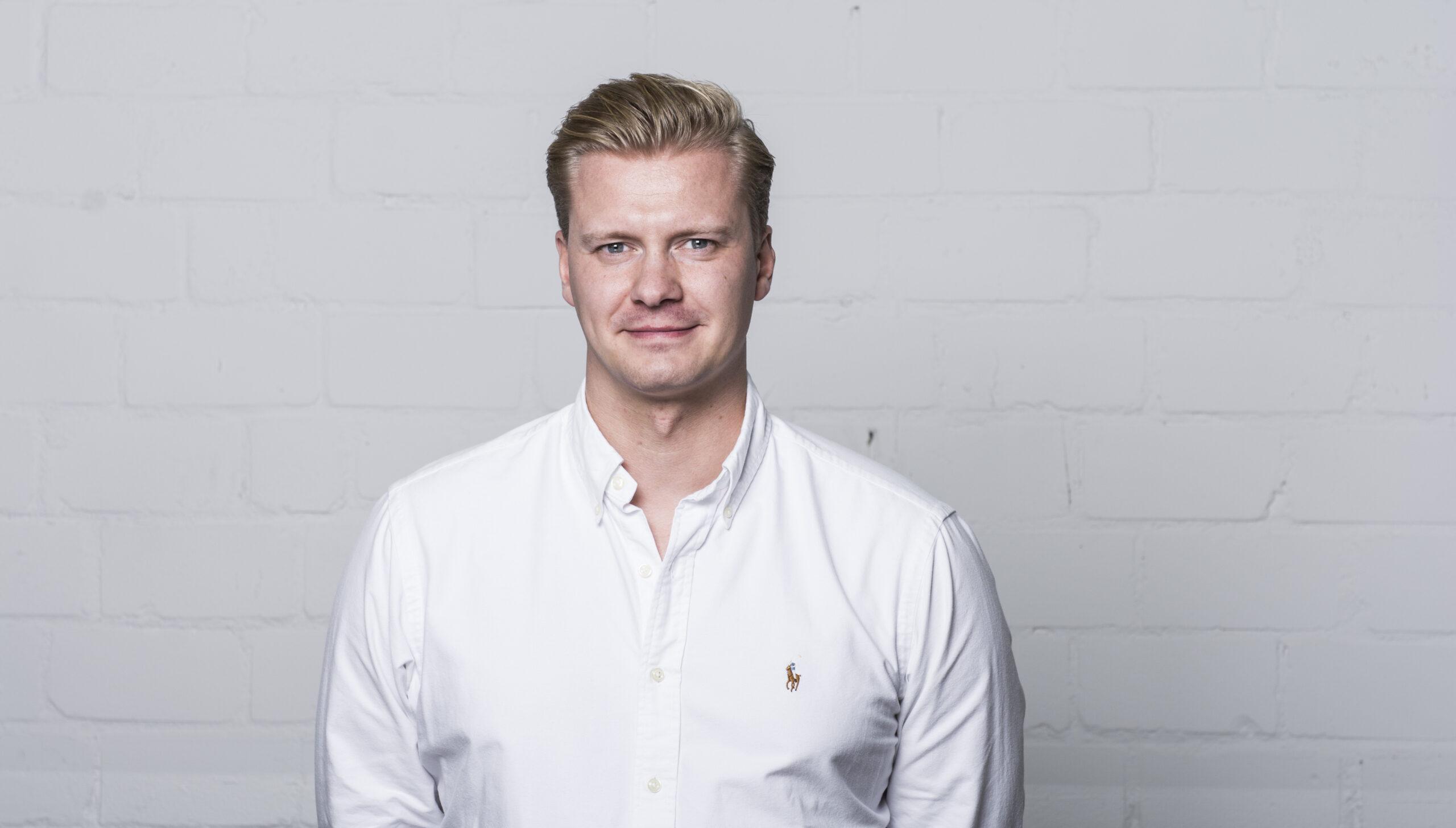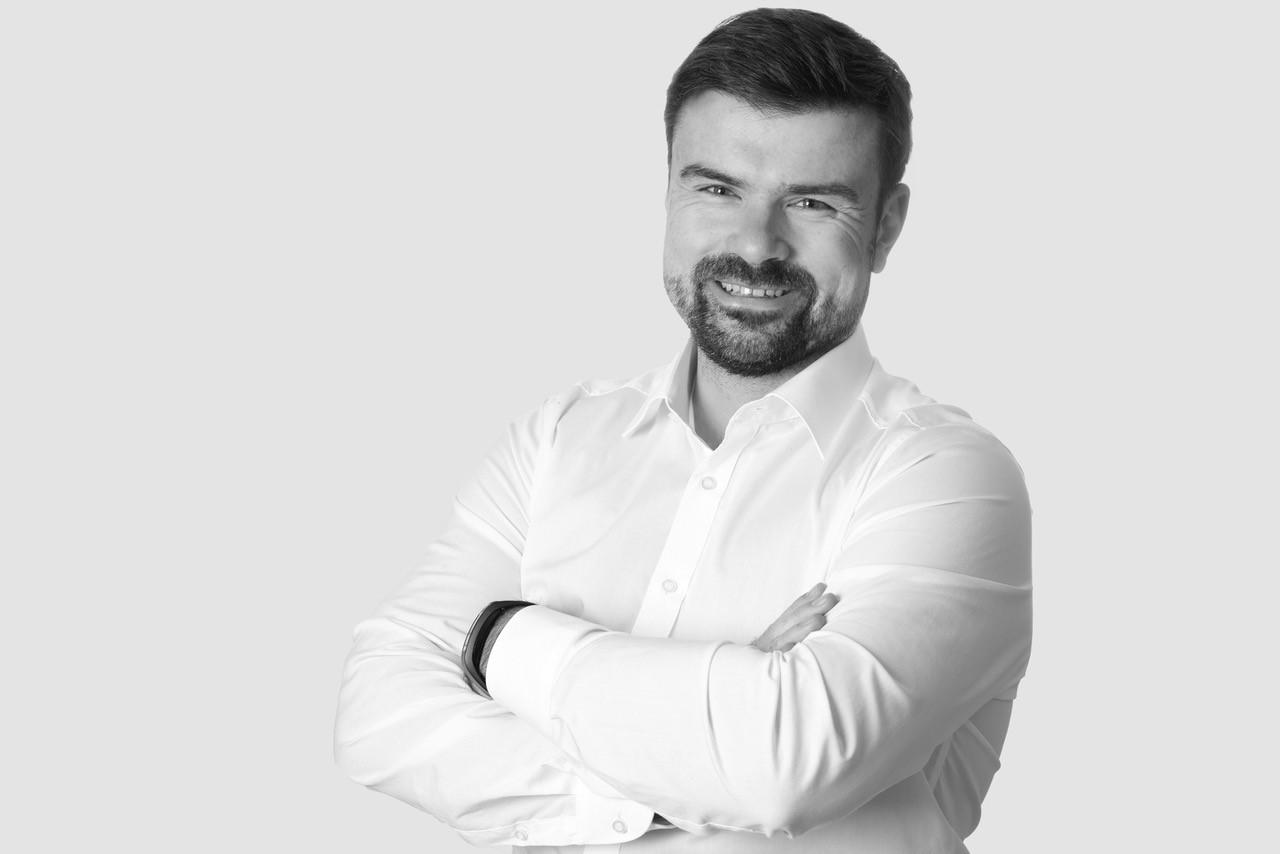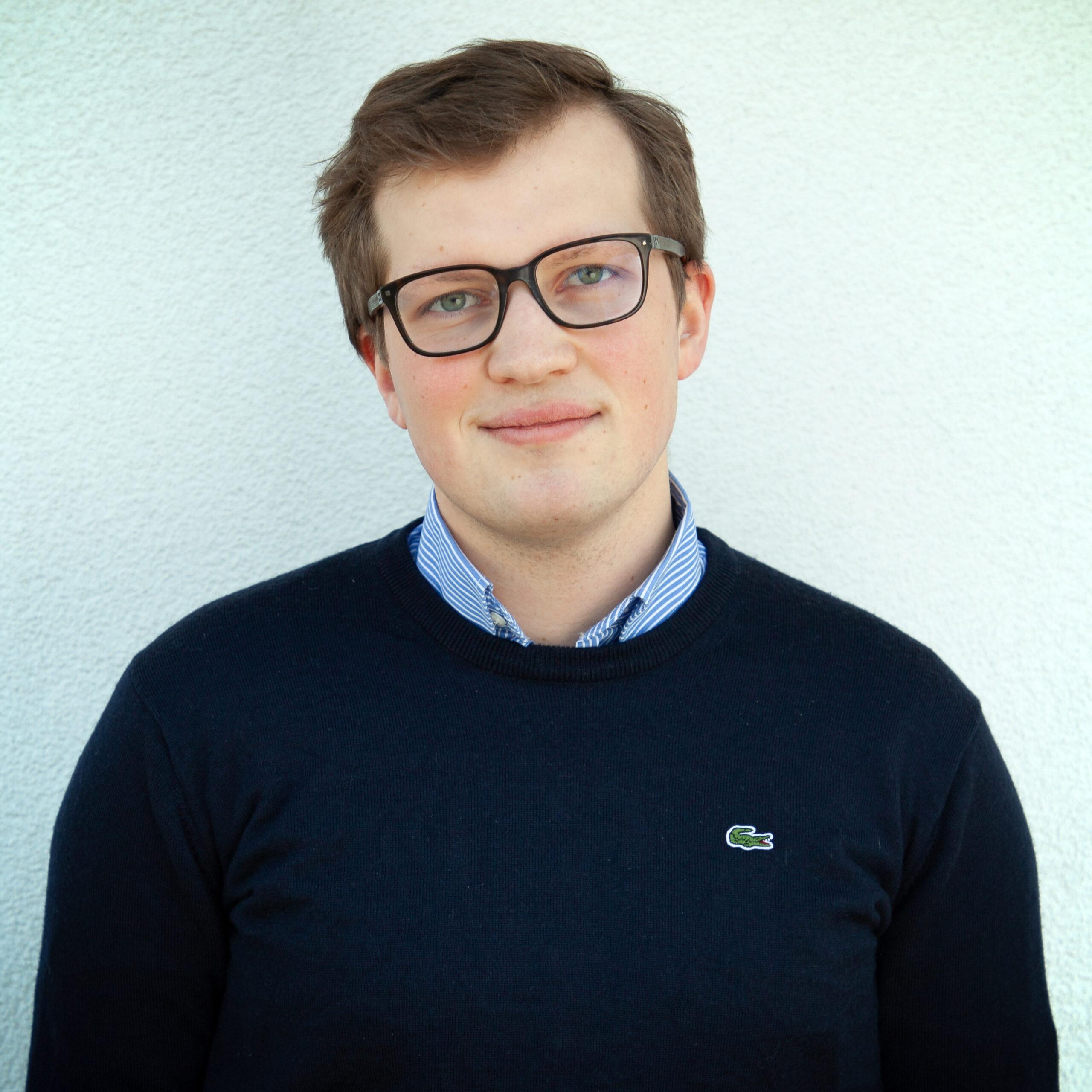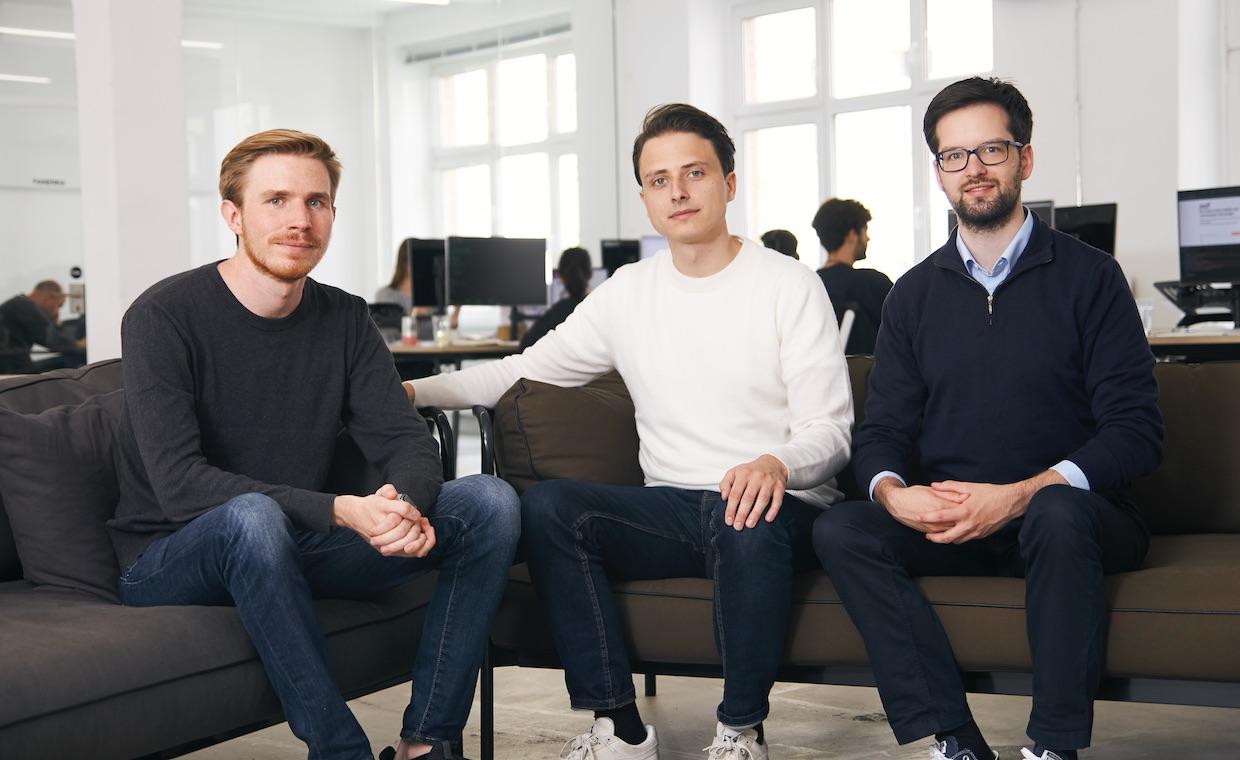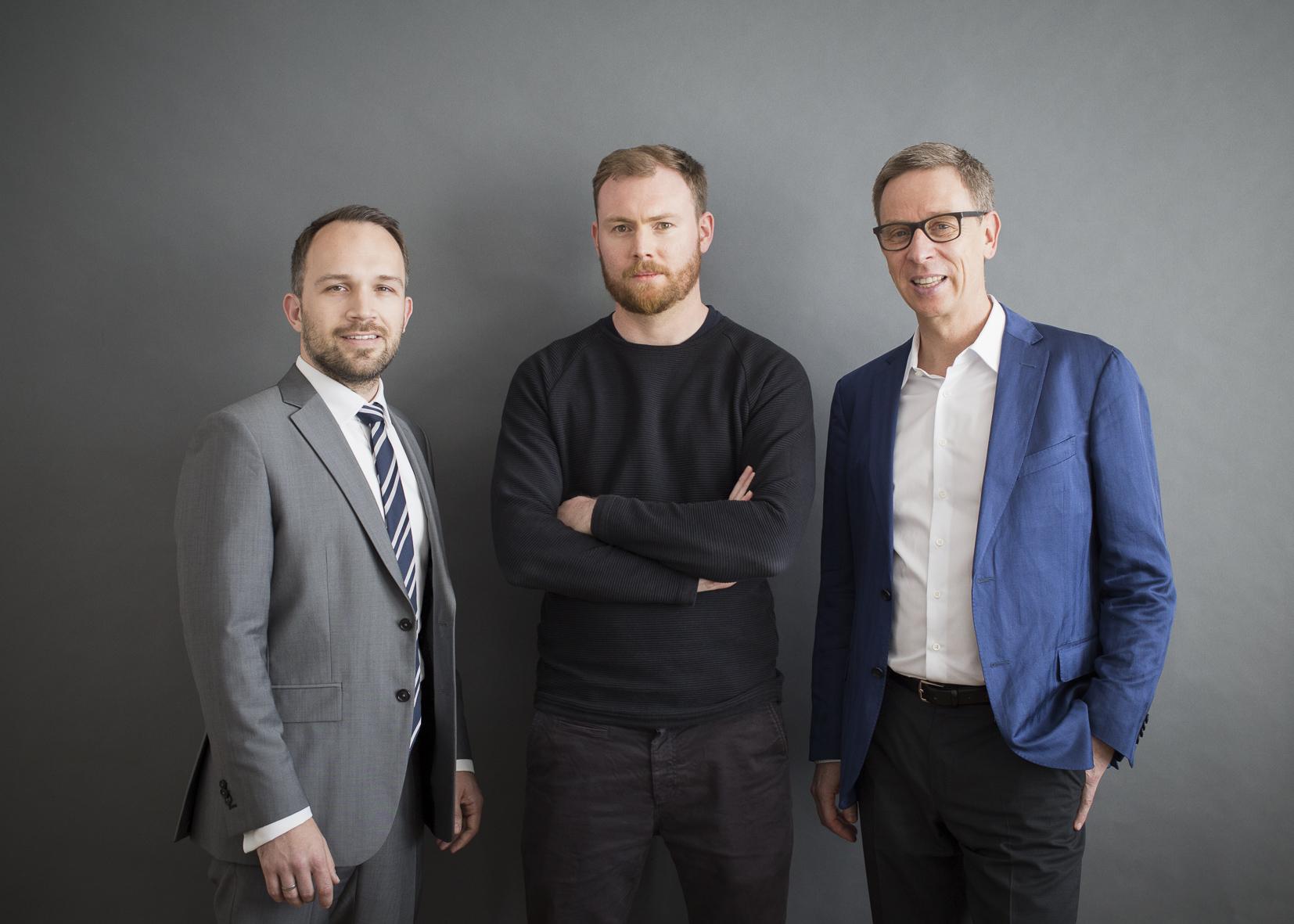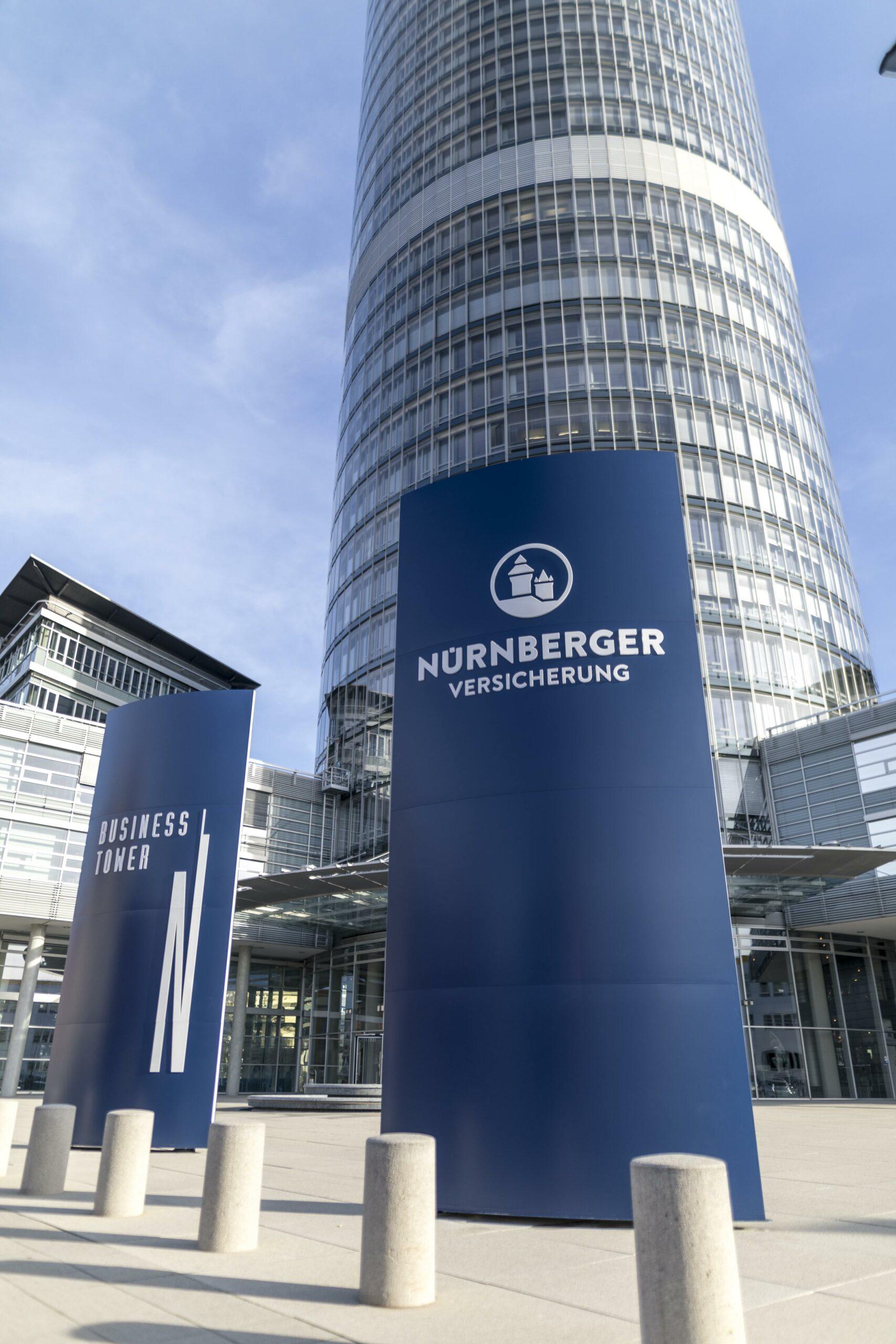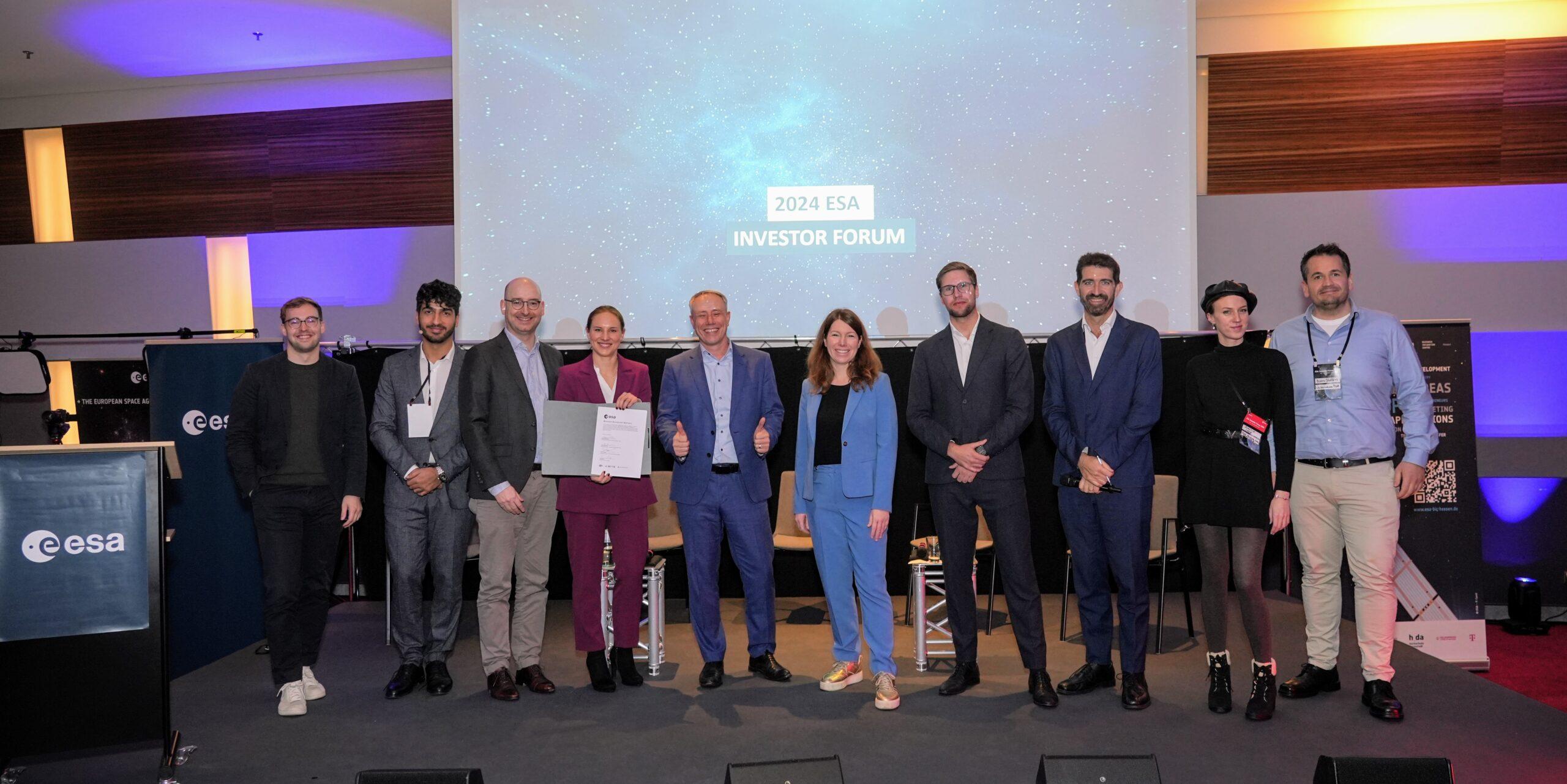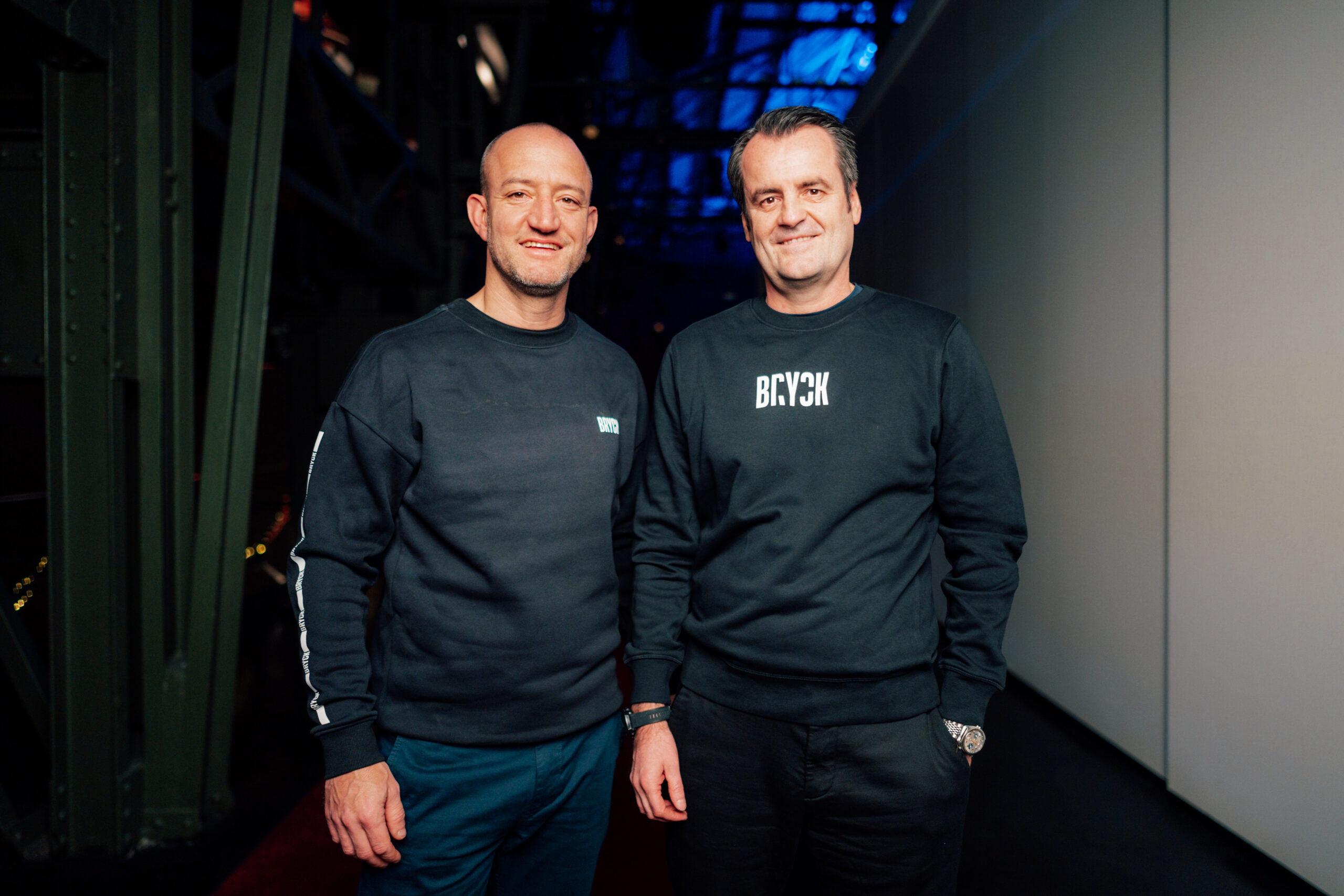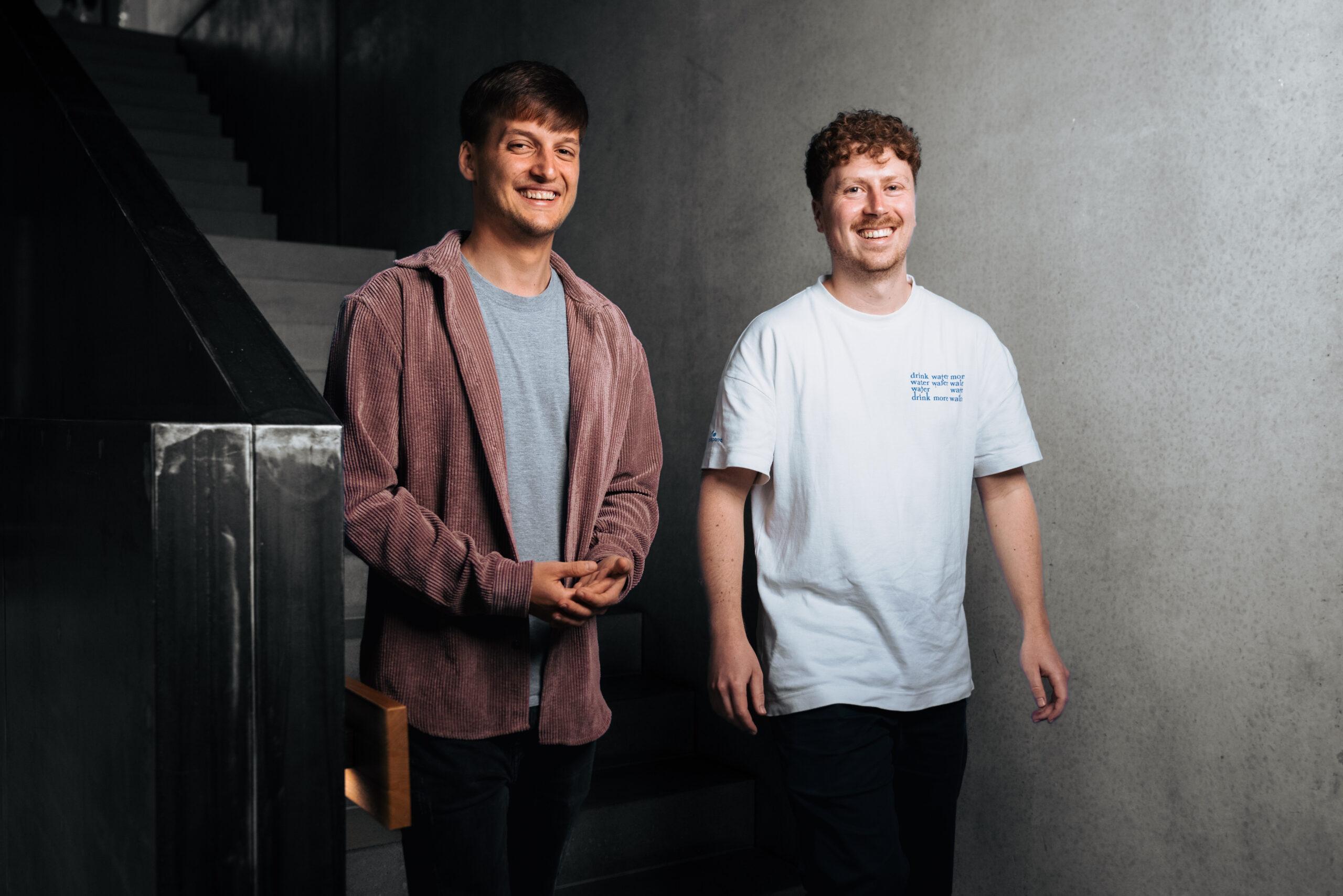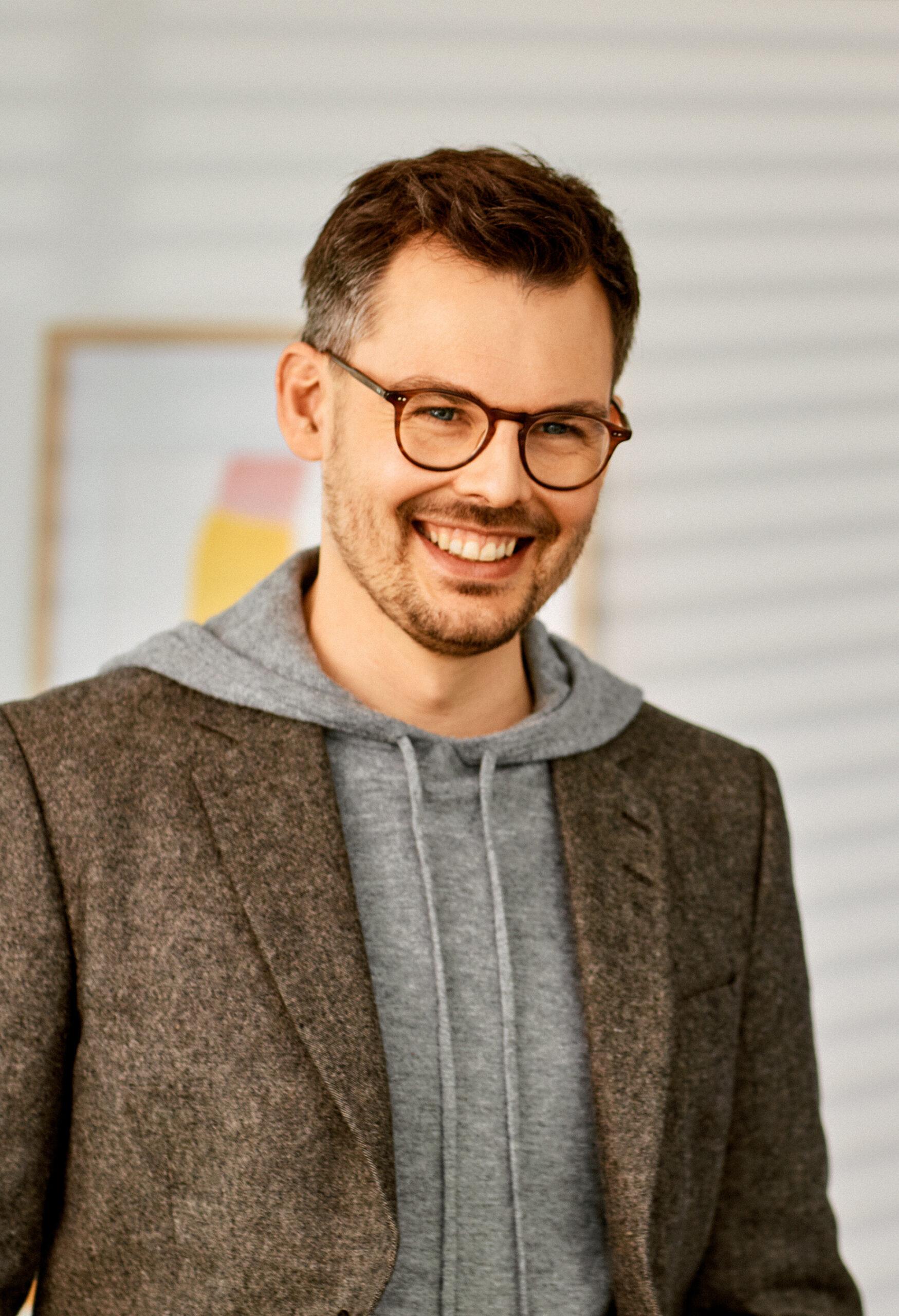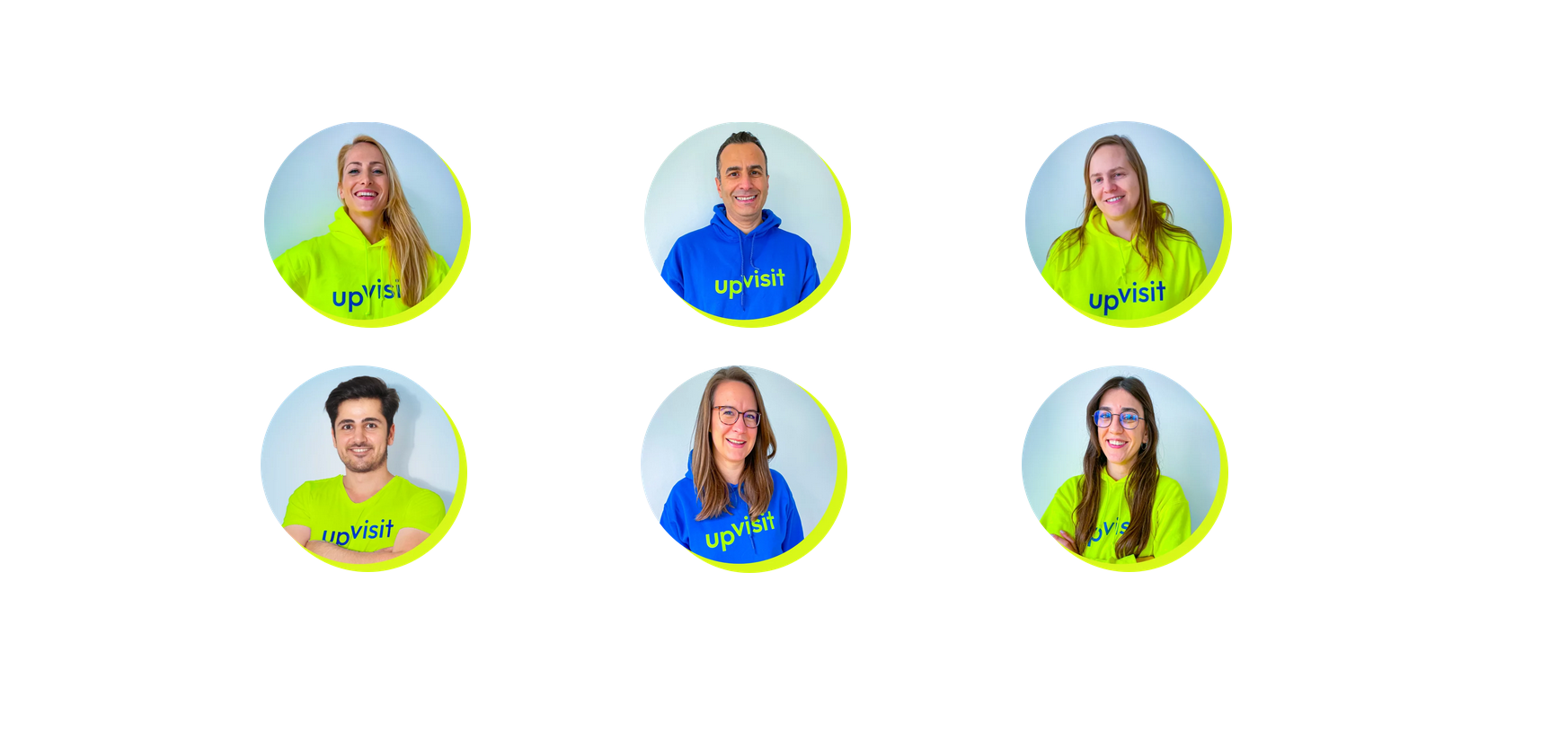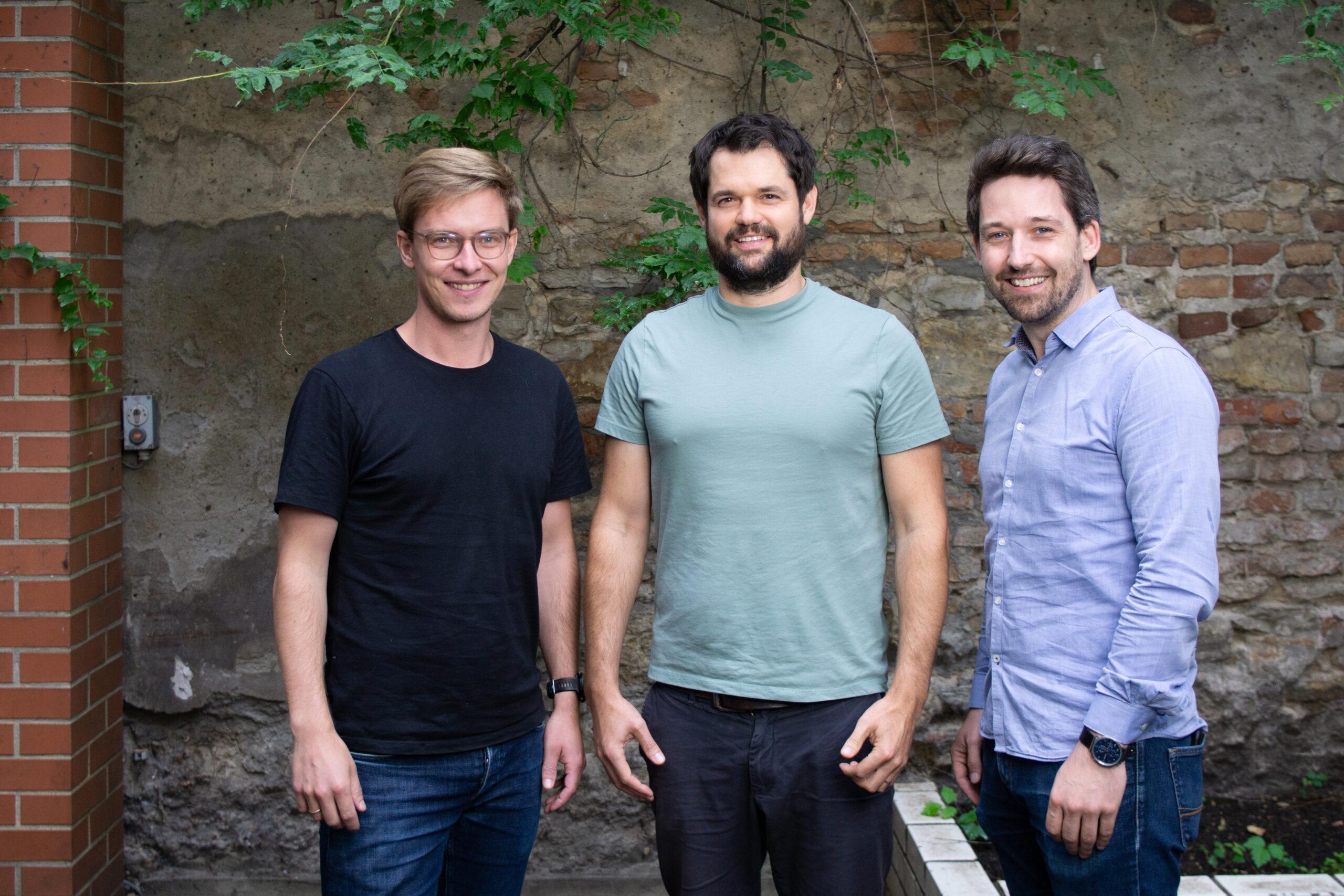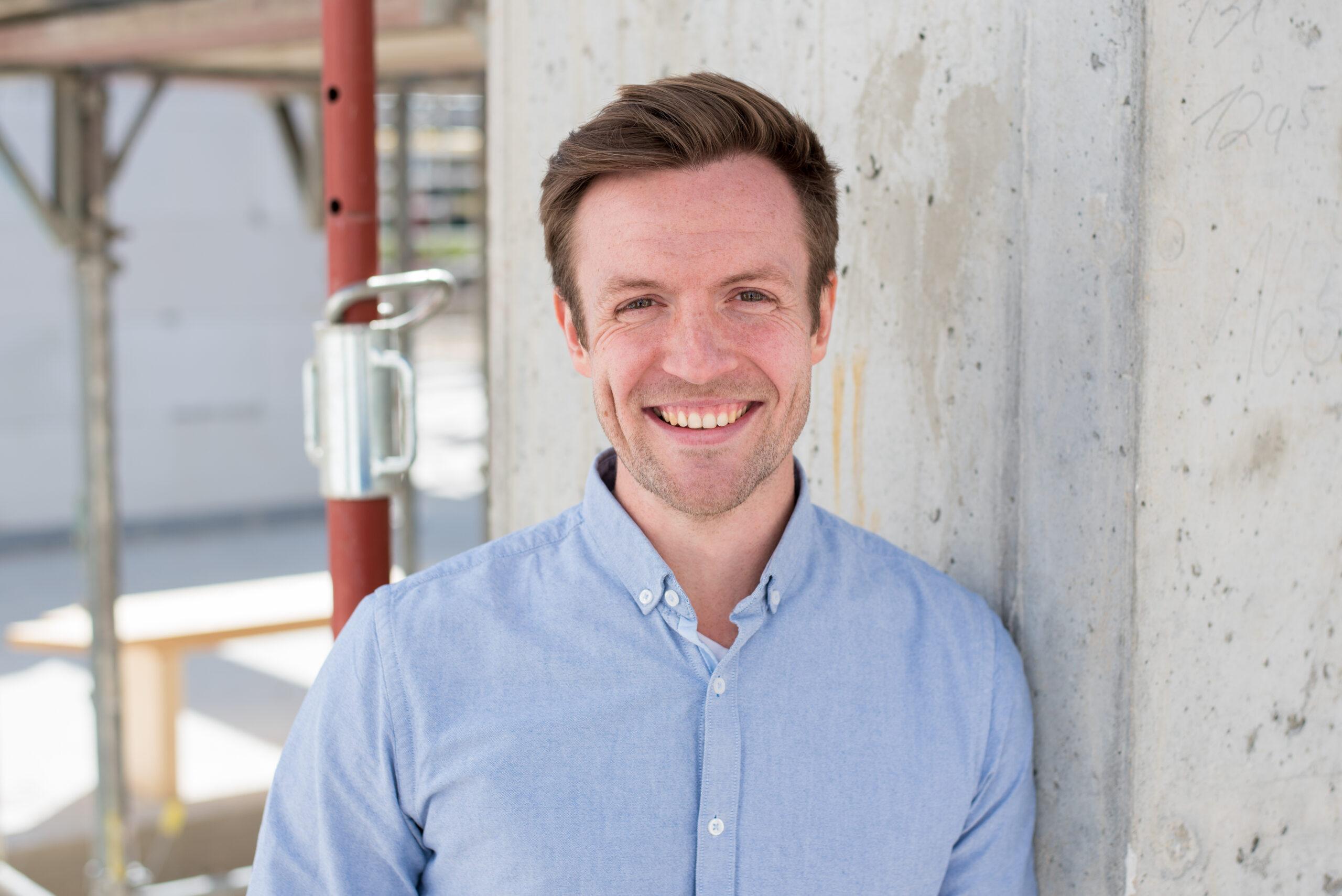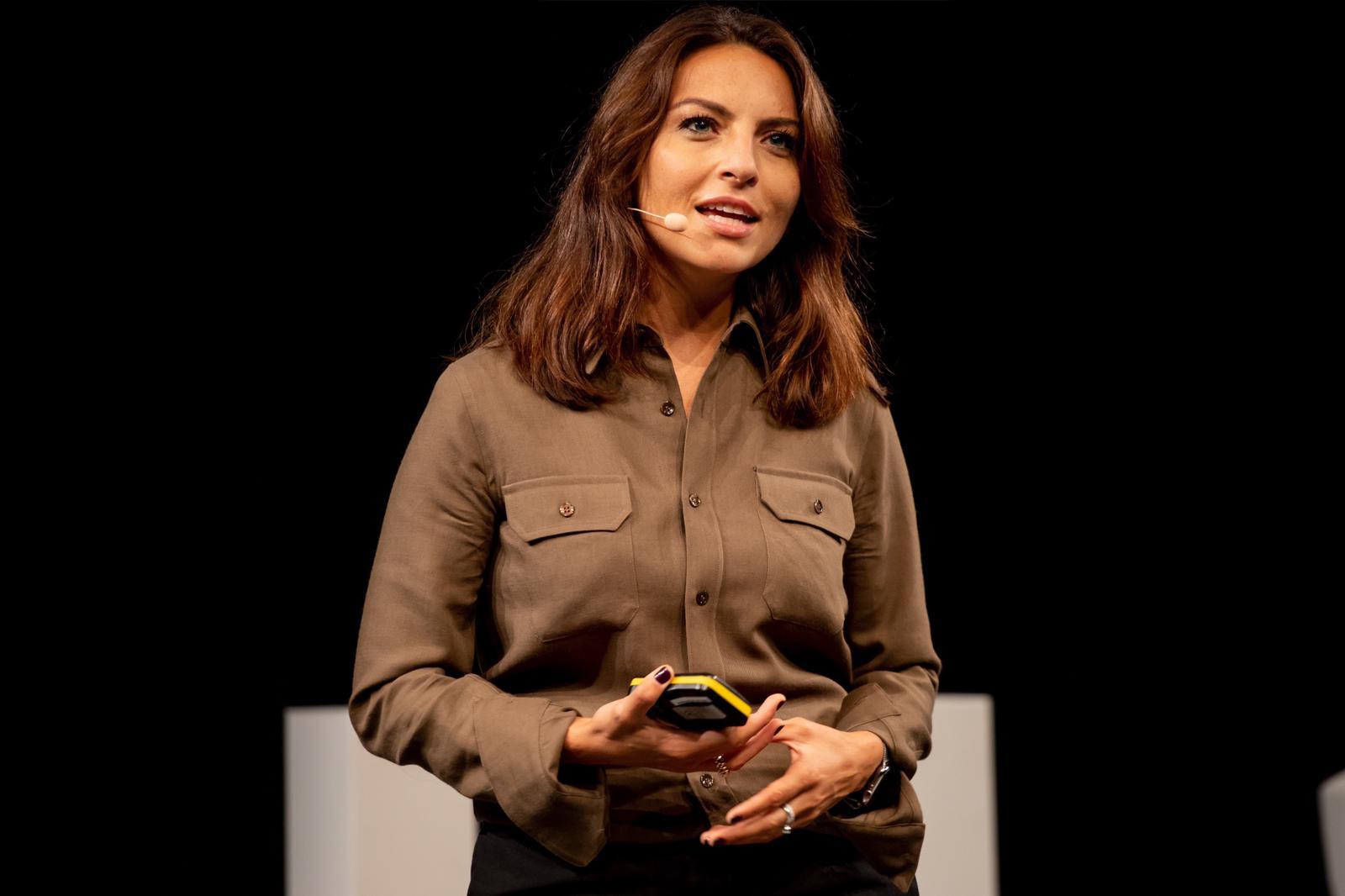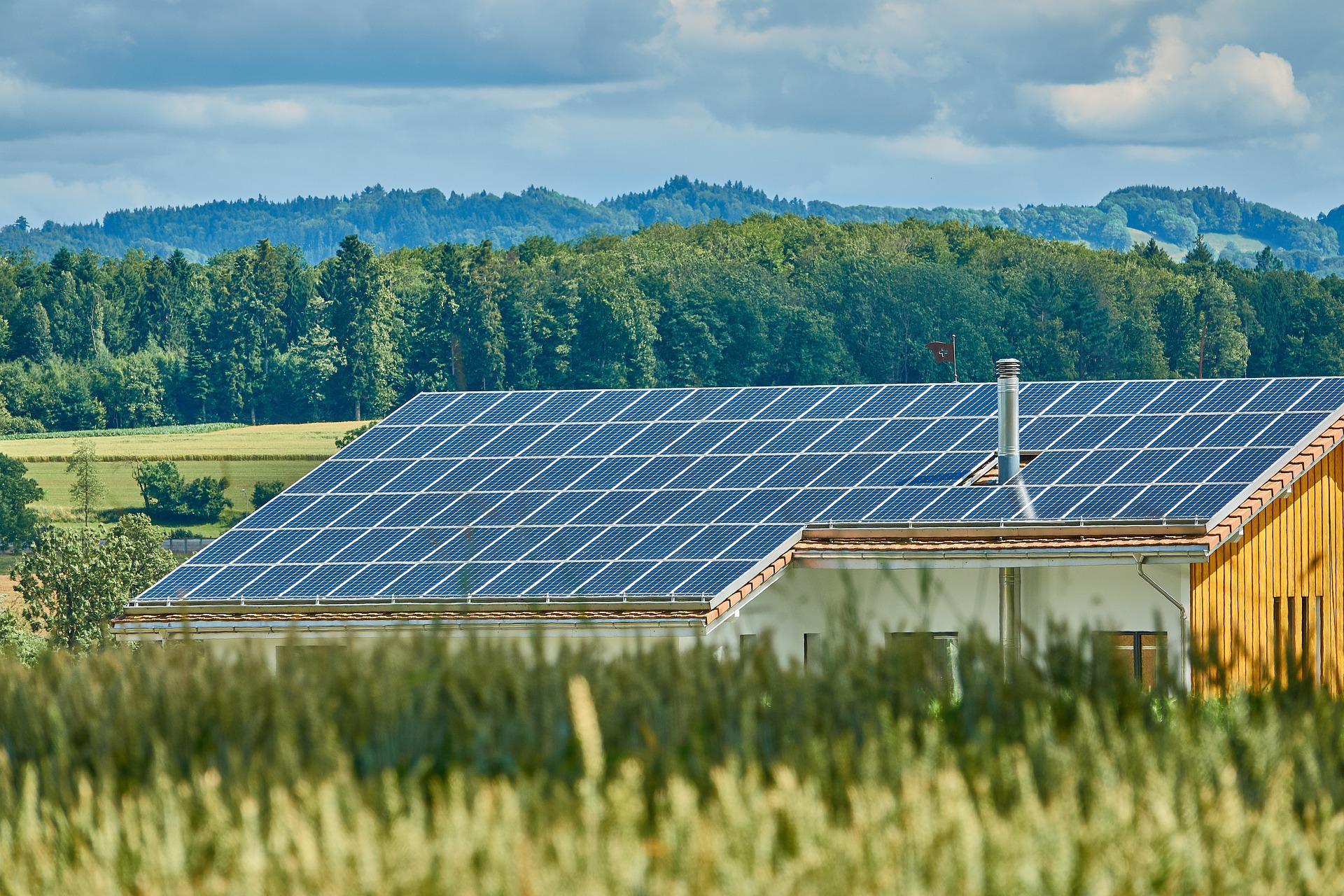This is how Germany's first truly sustainable insurance company is to be created
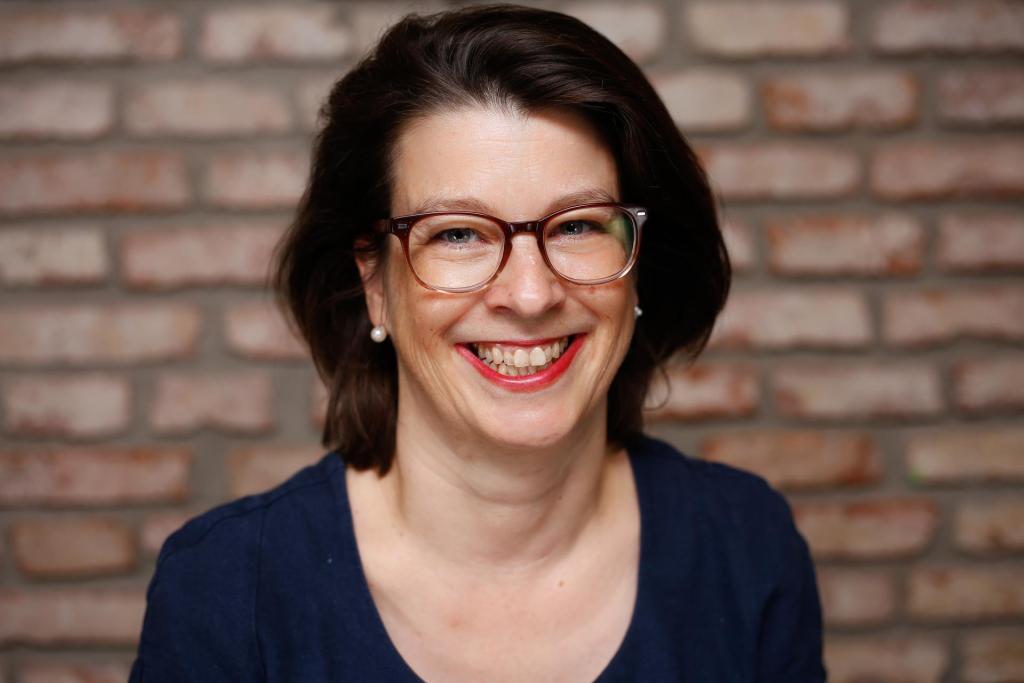
The start-up Verde is going to extremes to be as sustainable as possible. That doesn't exactly make growth easy.
Most start-ups these days don't need much except sweat, love and many lines of program code. Sometimes just six lines are enough, such as with fintech Stripe, which achieved a multi-billion valuation to make the big leap in a short space of time.
The makers of Verde from Munich have a much tougher time of it: the major goal of the start-up, which was founded in 2017 and now has six permanent employees, is to become the first sustainable insurance company in Germany. "Sustainable banks and sustainable investing are becoming more and more normal, it's just that they don't exist in insurance yet," says Elena Sulzbeck, who is both the assistant to the boss and the press spokesperson in the team.
But it takes more than just lines of code. The supervisory authority Bafin requires Verde to set aside 3.5 million euros for a license, which is a large sum in itself. However, Verde insists on not getting a large investor on board and instead wants to set up the insurance company as a cooperative and grow sustainably. They have already raised 1.1 million euros, but 2.4 million euros are still missing - and that's just to get started. It is easy to see why the initial phase of a start-up like this can take four years or more.
Marie-Luise Meinhold founded Verde in 2017, although it is important to differentiate between the two. There is both a Verde eG, i.e. a cooperative, and a Verde AG, i.e. a public limited company. The strange structure is explained by the fact that Verde wants to have as many shareholders as possible, which works well via a cooperative. However, cooperatives are not allowed to operate insurance companies in Germany, which is why Verde AG was created, whose main owner is now Verde eG again. "It's all a bit complicated, but there's no other way if we want a cooperative insurance company," says Sulzbeck.
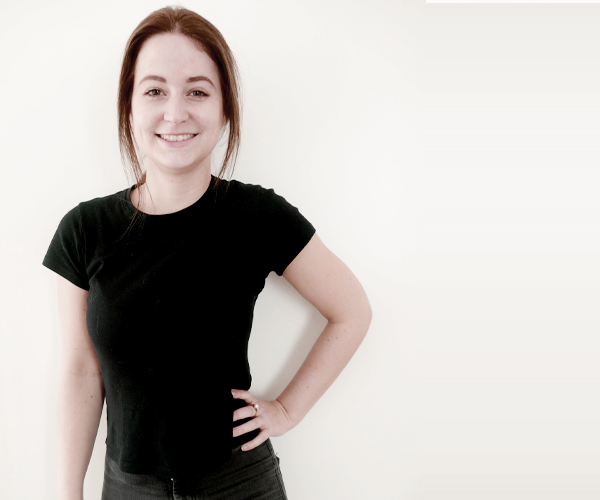
After the start-up phase, Verde entered a period of discovery. There were no role models, as there was still no truly sustainable insurance in Germany, and so they gradually felt their way forward. They now offer theft insurance for bicycles to partially cover the costs until the necessary licenses are issued.
Just how seriously they take sustainability can be seen on a small scale. The cooperative's account is with the green GLS Bank, the office is largely paperless and the team travels to events either by bike or train. According to Hilfswerft, Verde eG is one of the 222 most sustainable companies in Germany. The cooperative also has a public welfare balance sheet, which allows companies to test how well they operate for the common good. Verde scores well in this test.
In order to finally offer liability and household insurance, Verde needs 3.5 million euros on the high edge. Verde does not want to bring traditional investors on board for this, as they could otherwise exert too much influence on the development of the still young company - and possibly steer it in a less sustainable direction. Instead, they want to inspire more cooperative members, who can buy in for as little as 300 euros. On the other hand, for some time now they have been focusing on profit participation rights, which interested parties should acquire. They want to pay 2.5 percent interest per year, depending on the profit - and then, of course, there is the question of whether they will ever be able to raise the necessary funding to be allowed to offer Bafin-licensed insurance.
"If an insurance policy works and is sustainable at the same time, we believe that is a market advantage"
Elena Sulzbeck, Verde
The Munich-based start-up now has 130 cooperative members, 1070 tons of CO2 saved and 1.1 million euros already invested in sustainable projects. These include, for example, schools or streetcar lines and sustainable bonds from companies or countries.
As soon as Verde has its license, they want to focus on liability and household insurance and at least roll up the multi-billion euro market a little. 50 million households in Germany have household contents insurance and Verde sees great market potential in this area. "If an insurance policy works and is sustainable at the same time, we believe that is a market advantage," says Sulzbeck confidently.
The team wants to invest the money that customers then pay into Verde for their insurance policies in sustainable investments that have a positive social and environmental impact, explains Sulzbeck. To this end, they want to exclude individual sectors from the outset, such as armaments and weapons, nuclear and coal energy, biocides, pesticides, factory farming, genetic engineering and addictive substances.
Verde also states that it does not invest in countries where torture is practised or the death penalty is imposed. In addition, they look at the remaining investments and assess how sustainable they are. External reports or public reports are used for this, among other things. They are not rigidly committed to green energy, for example. If there is a lack of living space in cities, for example, this is also a possible investment object because it has a social benefit.

Newsletter
Startups, stories and stats from the German startup ecosystem straight to your inbox. Subscribe with 2 clicks. Noice.
LinkedIn ConnectFYI: English edition available
Hello my friend, have you been stranded on the German edition of Startbase? At least your browser tells us, that you do not speak German - so maybe you would like to switch to the English edition instead?
FYI: Deutsche Edition verfügbar
Hallo mein Freund, du befindest dich auf der Englischen Edition der Startbase und laut deinem Browser sprichst du eigentlich auch Deutsch. Magst du die Sprache wechseln?
